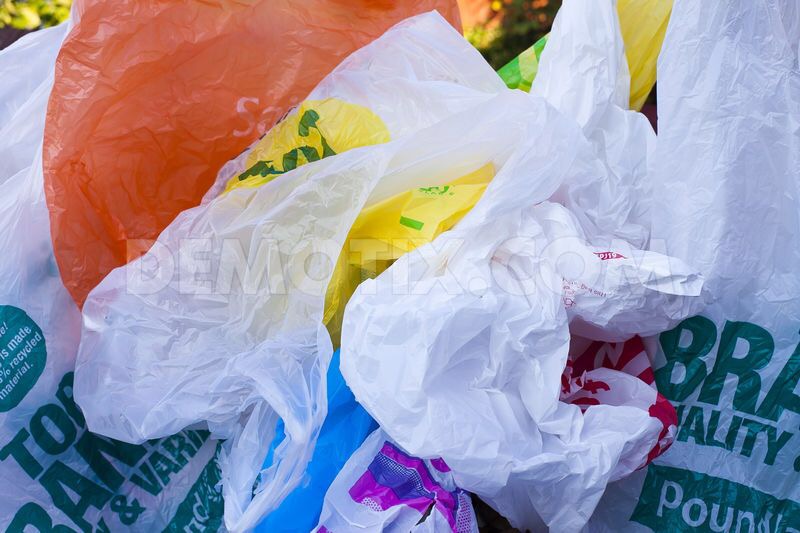From the 5th October, using a new plastic bag in a shop will cost you at least 5p.
Well it’s not quite that simple actually, the shop or enterprise that you purchase you goods in must employ 250 or more full-time equivalent employees, the bag is considered as such if it has an opening and isn’t sealed and it’s new and hasn’t been used previously for sold goods to be taken away or delivered, it’s plastic! has handles, and 70 microns thick or less.
Got that? Well there are exemptions. If the bag is to be used for:
uncooked fish and fish products
uncooked meat, poultry and their products
for unwrapped food for animal or human consumption – for example, chips, or food sold in containers not secure enough to prevent leakage during normal handling
unwrapped loose seeds, flowers, bulbs, corns, rhizomes (roots, stems and shoots, such as ginger) or goods contaminated by soil (such as potatoes or plants)
unwrapped blades, including axes, knives, and knife and razor blades
prescription medicine
live aquatic creatures in water
woven plastic bags
goods in transport, such as at an airport or on a train, plane or ship
considered as sealed packaging for mail order and click-and-collect orders (regardless of handles)
returnable multiple reuse bags (bags for life)
used to give away free promotional material
used for a service but there’s no sale of goods, such as dry cleaning or shoe repairs
Clear?
Well last year it was estimated that British shoppers took home eight and half million plastic bags from supermarkets.It is also estimated that each household has forty of the things stashed away in a cupboard or similar orifice and that although they make up a small proportion of Britain’s litter, they take a long time to decompose.
Charging for them drastically reduces their use, just ask Marks and Spencer who brought in a 5p charge in 2008 and saw consumption drop by seventy per cent.
There is also the public interest theory. Retailers will have to keep plastic bag records but don’t give the money back to the government and are instead encouraged to give the 5p’s collected to good causes.
In Wales where the charge has been in place for four years, schools and birds have been the main recipitants.
The government hopes that the move will collect £730m for good causes, generate £60m savings in litter clean-up costs and £13m in carbon savings.







